On the heels of its acquisition of Hawaiian Airlines and the debut of their new “Atmos Rewards,” the head of Alaska Airlines' loyalty program took to Reddit on Tuesday for an unfiltered Reddit AMA that offered a behind-the-scenes look at mileage redemption rates, upgrades, account security, and more.
Brett Catlin, Alaska Airlines’ VP of Loyalty, Alliances, and Sales, fielded dozens of questions in the Alaska Airlines subreddit on Tuesday afternoon. He tackled everything from award pricing to partner award availability to elite upgrades … and even got in a few jabs at competitors.
Here are a few key highlights.
‘We’re Not in the Business of Giving Out Monopoly Points'
Alaska has long set itself apart from other U.S. carriers for reasonable redemption rates and easier ways to rack up points by tying earning rates to distance flown long after competitors pivoted to award miles based upon dollars spent.
But when one user pressed Catlin about a few recent award chart devaluations since the Alaska and Hawaiian Airlines merger, Catlin defended Alaska’s dynamic award pricing model while making it clear that the airline won’t follow Delta’s lead into an opaque award-pricing system, where award rates fluctuate based upon price.
“There’s been no material change to the pricing logic we use for award tickets operated by Air Group,” he wrote. “What we have done is allow all seats to be purchased with points … That means higher price points may appear in the market, but the tradeoff is that previously there was no redemption option at all for those seats.”
Then came the subtle jab:
“We’re not in the business of giving out monopoly points like some of our competitors.”
OK, so maybe that's not so subtle at all. It's a clear shot at the legacy U.S. carriers: American, United, and especially Delta, which has been battling Alaska for dominance in Seattle for nearly a decade.
Catlin’s message seemed to be: Alaska may continue to adjust award rates, but it still wants to retain transparency – and credibility – with its most loyal flyers.
Multi-Factor Authentication is Coming: ‘We Know This Is a Major Pain Point'
For all the praise flyers have heaped on Alaska's loyalty program, a growing number of travelers have had a brutal wake-up call: Their accounts liquidated due to fraud.
It's emerged as a major issue for Alaska and Hawaiian over the last year or so. When moderators asked when Alaska would implement two-factor authentication to combat fraud, Catlin didn’t hesitate.
“We know this is a major pain point, and honestly, fraud attempts are getting worse almost daily,” he admitted. “The good news: multi-factor authentication (MFA) is coming soon. It’s not just on the roadmap – it’s actively in the works because we know how critical this is for protecting accounts and peace of mind.”
He even shared that his own Ultimate Rewards points were once stolen, underscoring the urgency.
“Security matters,” he wrote. “We’re committed to making this better for everyone.”
On Losing Partners: ‘Too Bad When Large Carriers Wield Their Influence'
In another exchange, users lamented the loss of partner airlines like Singapore Airlines and LATAM, longtime favorites for Alaska award tickets. Catlin sympathized … but faulted other carriers for that development.
“Partnerships are a huge part of what makes Atmos [Rewards] special because they open up more of the world to our members,” he said. “On the flip side, losing partnerships is never fun. It’s too bad when consumers end up with less choice given the influence some very large carriers choose to wield over their partners.”
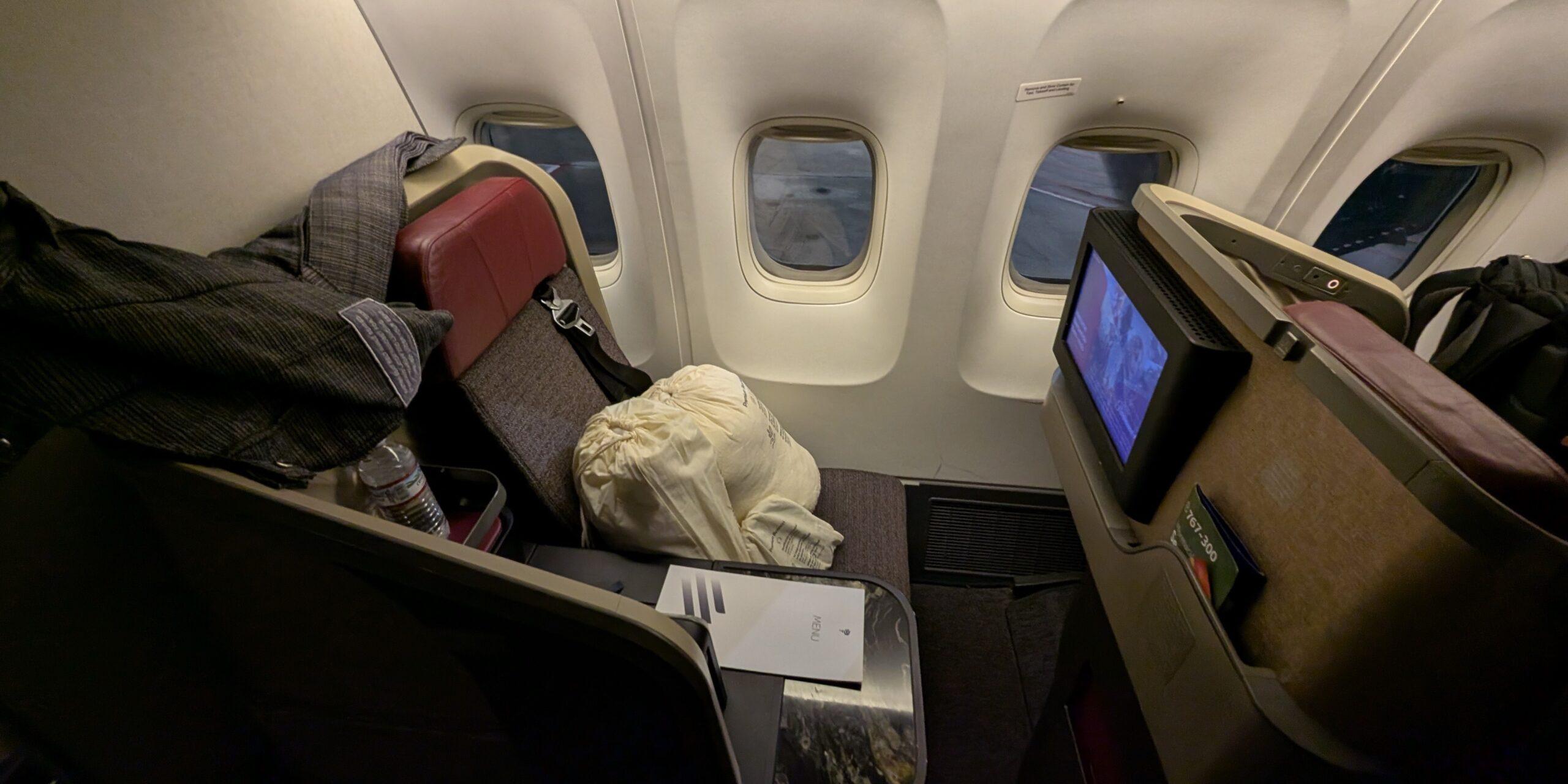
Translation: Delta, which owns a substantial stake in LATAM, is likely to blame for the end of booking LATAM award tickets using Alaska points. And if you're upset about no longer being able to book Singapore, look to other major Star Alliance carriers like United and Air Canada.
On the upside, he pointed to relatively new partner additions like Starlux and Philippine Airlines and hinted that more were coming.
3x on Foreign Transactions & No ‘Coupon Book' for New Atmos Summit Card
Asked about the brand new Atmos Summit Credit Card, which launched in August, Catlin offered one of the AMA’s most revealing answers – both about the design process and about how Alaska sees itself competing in the increasingly crowded premium card space.
“One of our key design principles was avoiding a ‘coupon book’ style card or something that only works for one type of consumer,” he said. “We didn’t want to be a ‘me too’ product – differentiation was critical.”
That’s a thinly veiled dig at the American Express Platinum Card® or Chase Sapphire Reserve®, which have leaned heavily on long lists of overlapping credits and lifestyle perks that might expire quarterly or monthly.
Catlin instead pointed to the new Summit card’s 3x earning rate on foreign purchases as one of his favorite features – calling it a meaningful differentiator for a U.S. airline card. Most domestic airline cards still earn just 1x abroad, while even premium general travel cards rarely reward cardholders for spending outside the U.S.
He said that the 3x category “opens up a growth conduit for the program” – especially for the more than 3 million U.S. expats living abroad, for whom he called the Summit Card “the best product fit, bar none.” It’s a rare acknowledgment that Alaska is thinking beyond its domestic base, hoping to turn Summit into a global spending card.
“Our digital teams crushed it, bringing the vision to life, and we’re thrilled with the reception so far,” he said, describing the project as a “career highlight.” “It’s unique and opens up a growth conduit for the program … we wanted to build something that could compete with bank proprietary cards while offering a unique proposition that drives excitement for the card and the program overall.”
‘Status Has Changed,' But 60%+ of Top Elites Get Upgraded
When a longtime flyer with over 100,000 elite-qualifying miles asked bluntly whether Alaska was “cheapening the value of status,” Catlin didn’t duck the criticism. Instead, he admitted that loyalty programs have evolved … and that not every change has landed well.
“Status has changed – I’ll be the first to acknowledge that it’s different than it was a decade ago,” he said. “Looking back 10 years, there was no Oneworld for our members, no Premium Class, no reciprocal First Class upgrades on American, no ability to select the perks that mattered most, and no way to earn status through non-air activity or award tickets.”
He acknowledged that many travelers “haven’t loved every change” but insisted overall guest satisfaction scores have steadily risen over the past three years. Still, he didn’t dismiss the frustration over how upgrades are handled, saying Alaska is looking at new ways “to better recognize our most loyal guests with access to our best products when it matters to them most.”
That said, he offered a shocking datapoint: “Our top-tier members still see the front cabin a lot – north of 60% of the time they’re sitting up front after purchasing a Main Cabin fare.”
That number is strikingly high compared to industry norms, where many elite flyers on other carriers clear upgrades far less often. Take, for example, Delta, which told investors last fall that the airline is selling a whopping 75% of first class, leaving just 12% of the cabin available for upgrades.
Catlin also confirmed Alaska is working to fix pain points around the unsold “U space” inventory (seats in First Class that are set aside to be used for elite upgrades rather than paid tickets), and teased that new global upgrade benefits for Titanium members are coming soon.



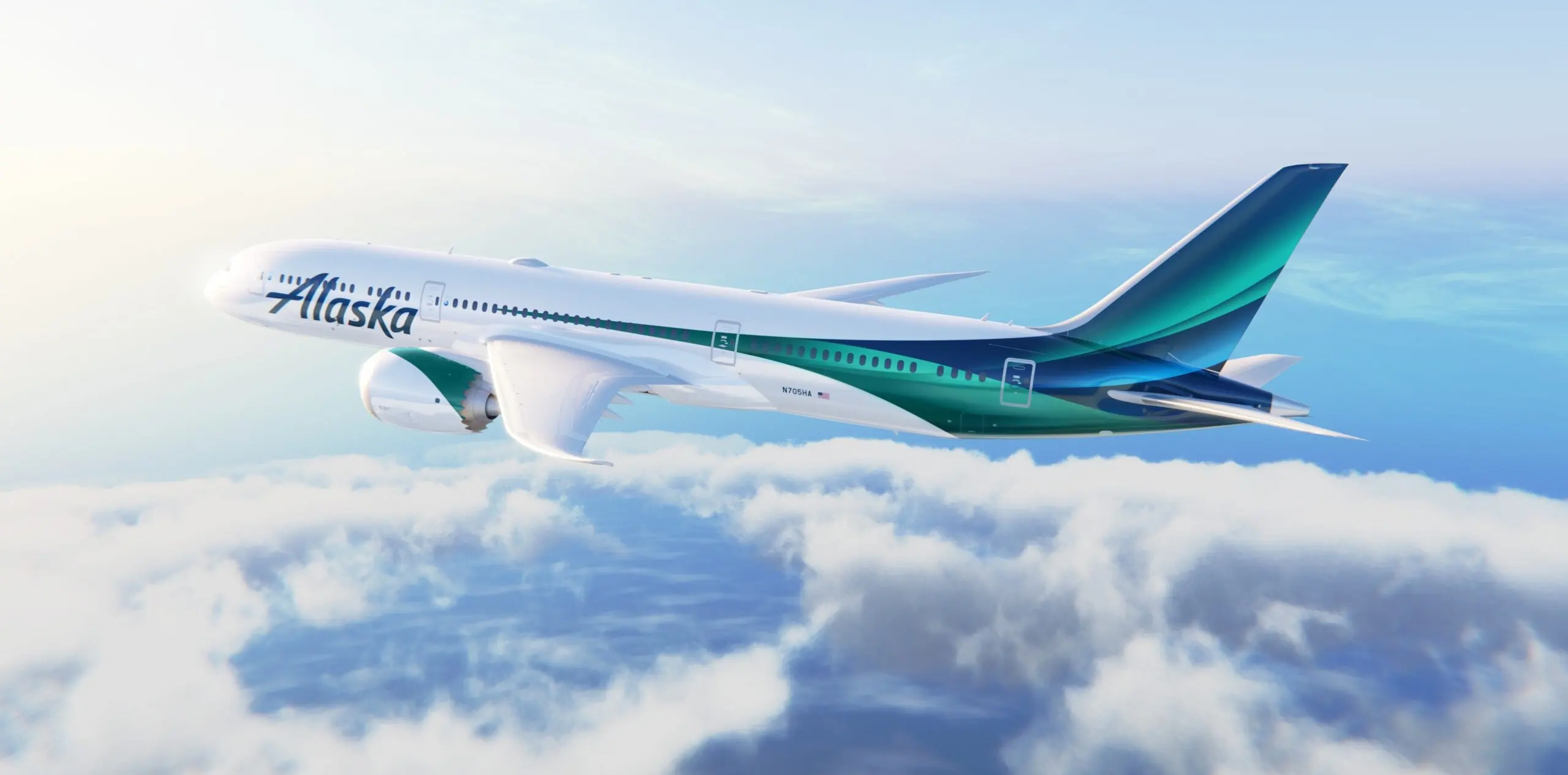
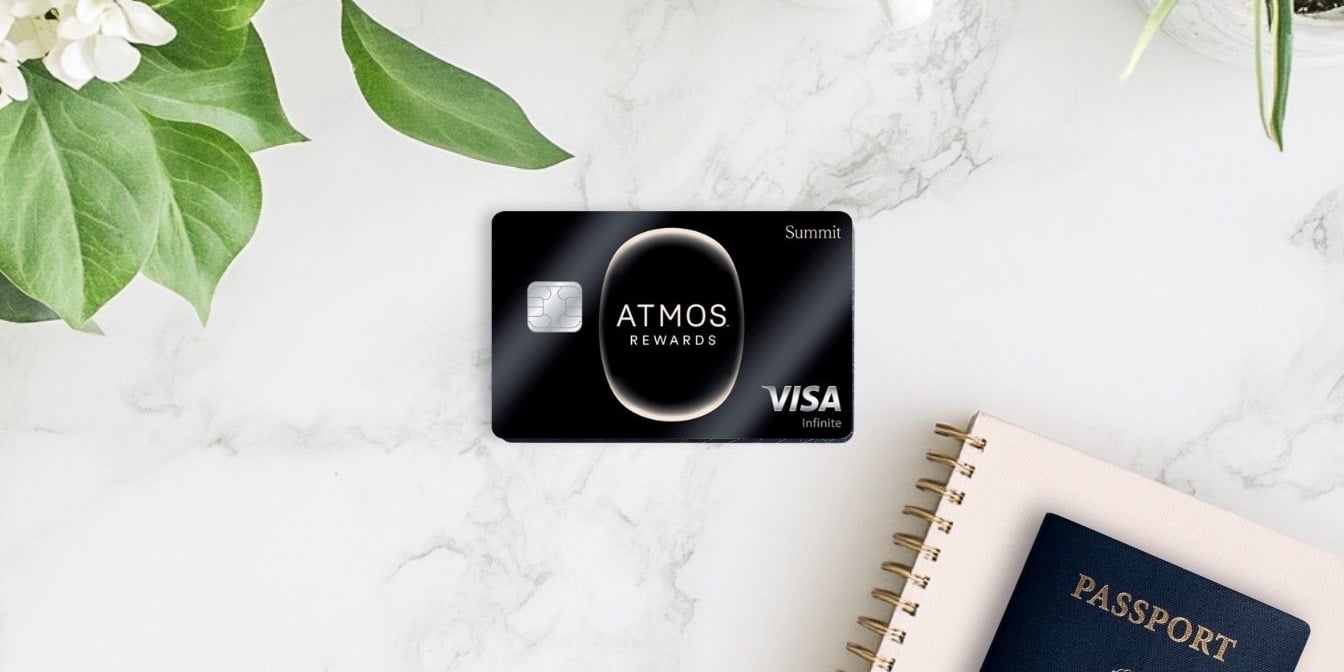

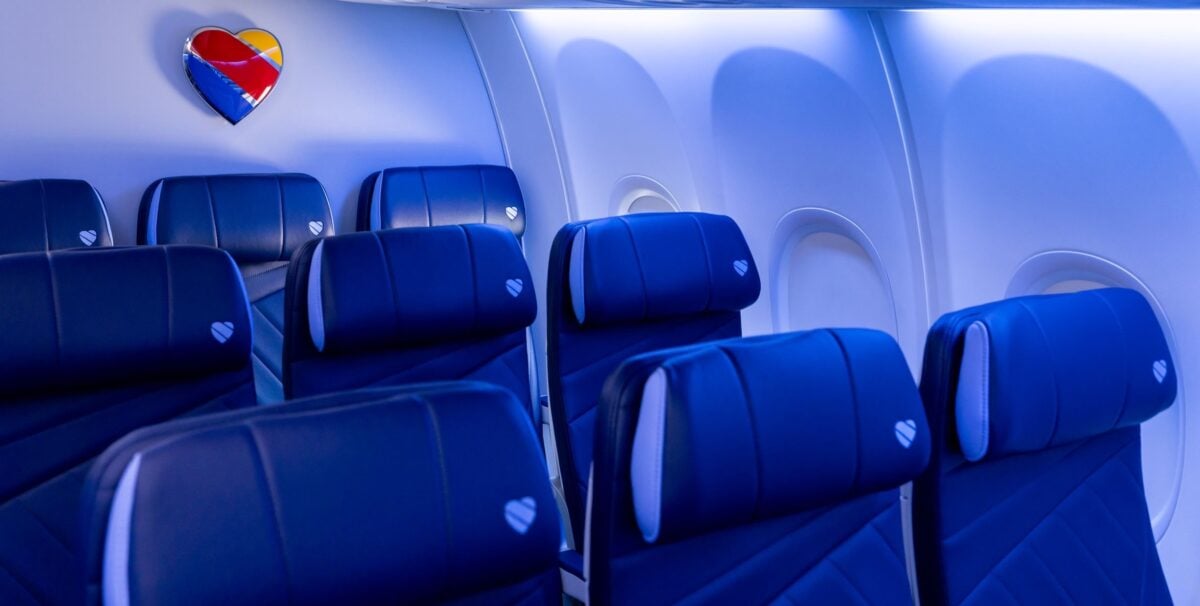
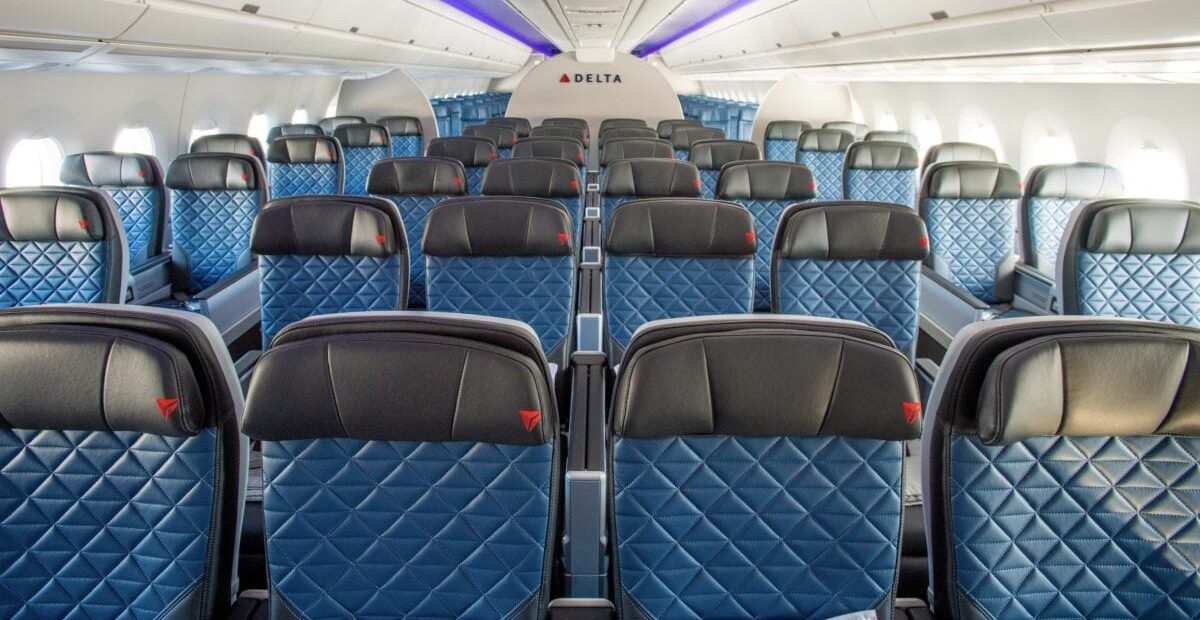
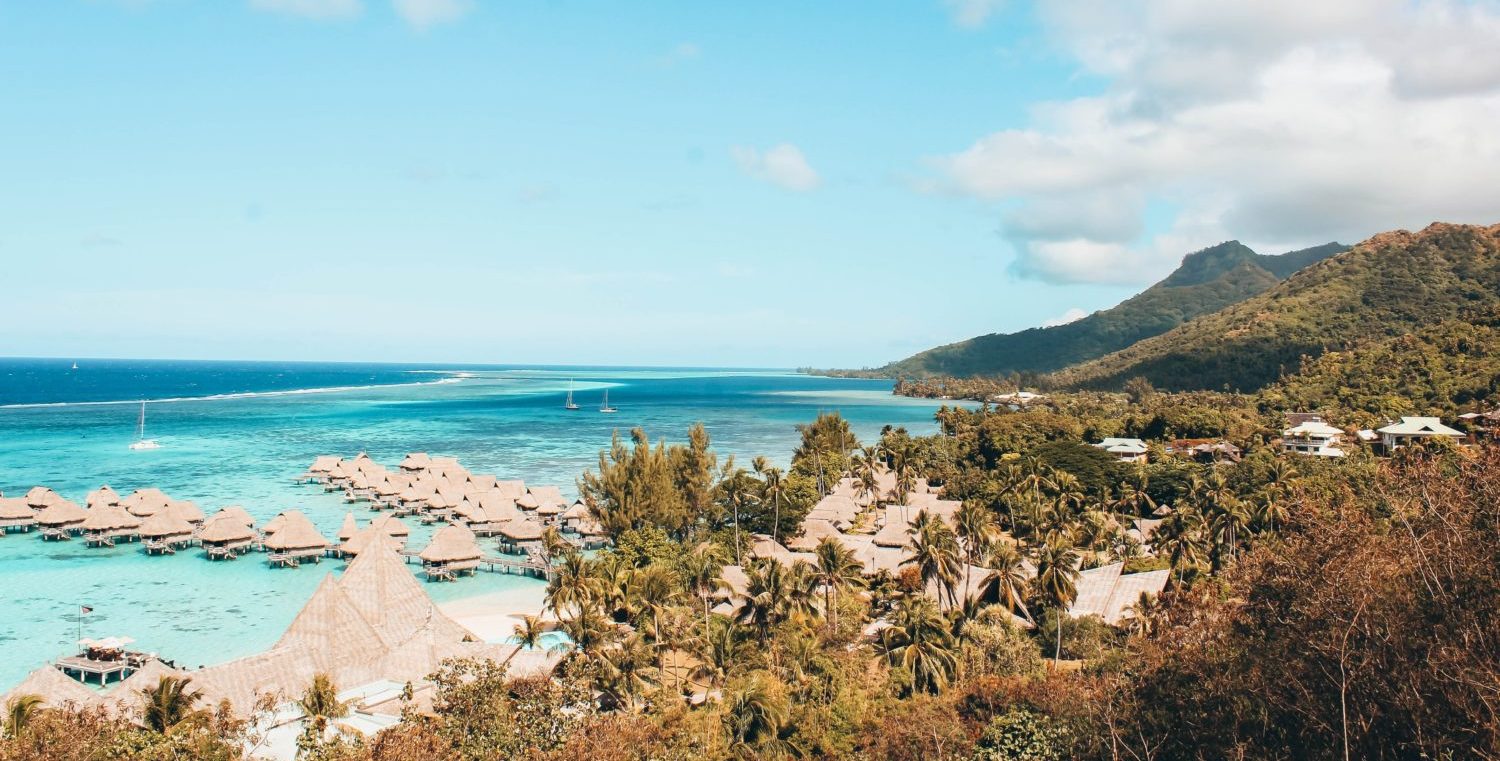
I am definitely one of those people that signed up for the new Atmos card because of the 3x points on foreign transactions, as my husband and I will be traveling abroad for the next few years.